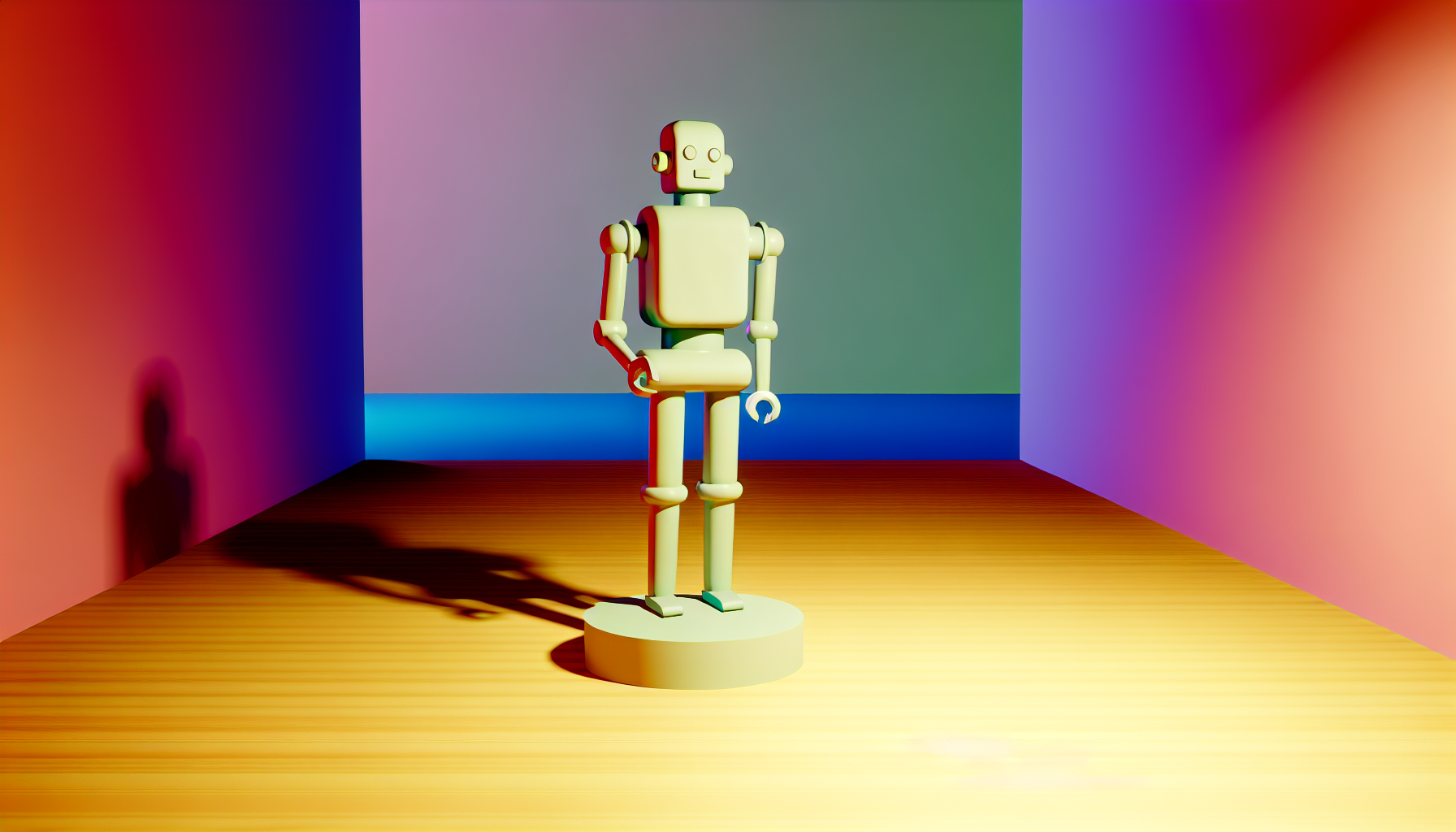As we find ourselves in an age where artificial intelligence is no longer the stuff of science fiction but a tangible part of our daily lives, it’s worthwhile to pause and reflect on how this remarkable technology affects us. Not our jobs, not our routines, but something much deeper: our very identity. In the past, we humans defined ourselves through various dimensions—our nation, our profession, our relationships, and even our philosophies. But now, AI asks us to reconsider what it means to be “us.”
A Mirror or a Shadow?
AI has a peculiar quality: it serves as both a mirror and a shadow to our identities. Just as Narcissus was captivated by his reflection, we too are entranced by how AI reflects our best qualities—speed, efficiency, and data processing. Yet, just like our shadow, AI also follows us with certain gloom, raising discomforting questions about our uniqueness. When machines can understand us, imitate us, and even outperform us in specific tasks, where does that leave our sense of self?
The reality is AI challenges the boundaries of “self” by acting as an extension of our abilities. Consider the irony of asking Siri for advice on interpersonal relationships. Amusing, isn’t it? Yet we do it because Siri doesn’t “judge” us, and maybe, just maybe, offers a perspective our human friend might miss. As AI improves in understanding emotion and context, it further complicates our understanding of where ‘we’ end and ‘it’ begins.
Who’s the Boss?
Traditionally, humans have taken a certain pride in being masters of their environment. But what happens when the tool becomes the teacher? AI-powered recommendations subtly nudge our choices—from the films we watch to the products we buy. These algorithms sift through data in ways that often know us better than we know ourselves. We like to think we are free agents, but are we really in control if our decisions are influenced by invisible, code-based hands?
This brings us to an underlying question: with AI shaping our thoughts and decisions, are we becoming more like machines or are machines becoming more like us? Maybe it’s a bit of both. We need to be cautious that in integrating AI into our lives, we are not outsourcing our critical thinking—the very core of what makes us human.
The Ethical Compass or Just Another App?
As AI evolves, it is more essential than ever to question the ethical implications of our digital doppelgangers. If AI systems can mirror moral reasoning, do we entrust them with moral decisions? Or is that like asking our toaster to write a sonnet? Imagine an AI analyzing complex ethical dilemmas faster than a human expert. Would we accept its verdict? Or do we cling to the notion that wisdom requires subjective human experience?
Regardless of the answer, this blurring of ethical lines between AI and human insight challenges the traditional benchmarks of wisdom and morality. As we move forward, we must resolve to navigate this ethical minefield with caution, so technology enhances rather than diminishes our moral stature.
The AI Identity Complex
The existential crisis surrounding AI and human identity isn’t restricted to philosophy classes anymore. Increasingly, we find AI integrated into areas that used to define us. Think of creative endeavors—music, art, and literature—which were once considered uniquely human domains. AI composers, artists, and writers are now venturing into creative spaces, prompting us to ask: if creativity isn’t exclusive to us, what is?
Despite the challenges AI brings to our understanding of identity, it also grants us an opportunity—a chance to evolve. If we interact with machines that understand us, predict our needs, and engage with our emotions, then we might find ourselves refining our own sense of identity through this digital reflection.
The Inevitable Adaptation
But let’s not panic. Evolution is sparked by adaptation. Just as our ancestors adapted to the discovery of fire, so too will we evolve with the advent of advanced AI. Perhaps this is a call to redefine what it means to be human—not by what we can do better than machines, but by our capacity for empathy, creativity, and innovation.
Of course, it’s easy to become a bit melodramatic about the whole affair. Much like the office worker who fears the coffee machine will one day automate his job—and transform his manager into a robot overlord—most of our fears are overblown. While AI poses challenges, it also has the potential to cultivate richer human experiences and deeper understandings of who we are.
Embracing Uncertainty
In the end, grappling with these questions about AI and identity might feel like walking through a dense fog. Yet, it’s precisely this uncertainty that offers a fertile ground for growth. By embracing these challenges, we find the capacity to not only retain but also enrich our core selves—our identity as thoughtful, conscious beings capable of change.
So, dear reader, fear not the AI-infused future. No, it doesn’t bear hallmarks of the apocalypse, nor will it spell the doom of the human spirit. Instead, think of it as an opportunity—a new chapter in our ongoing journey of self-exploration. As AI continues to evolve, so too must we, growing into a version of ourselves that neither shuns nor fears these digital doppelgangers, but instead embraces the possibility they offer for a richer understanding of human identity. Quite the adventure, isn’t it?

Leave a Reply